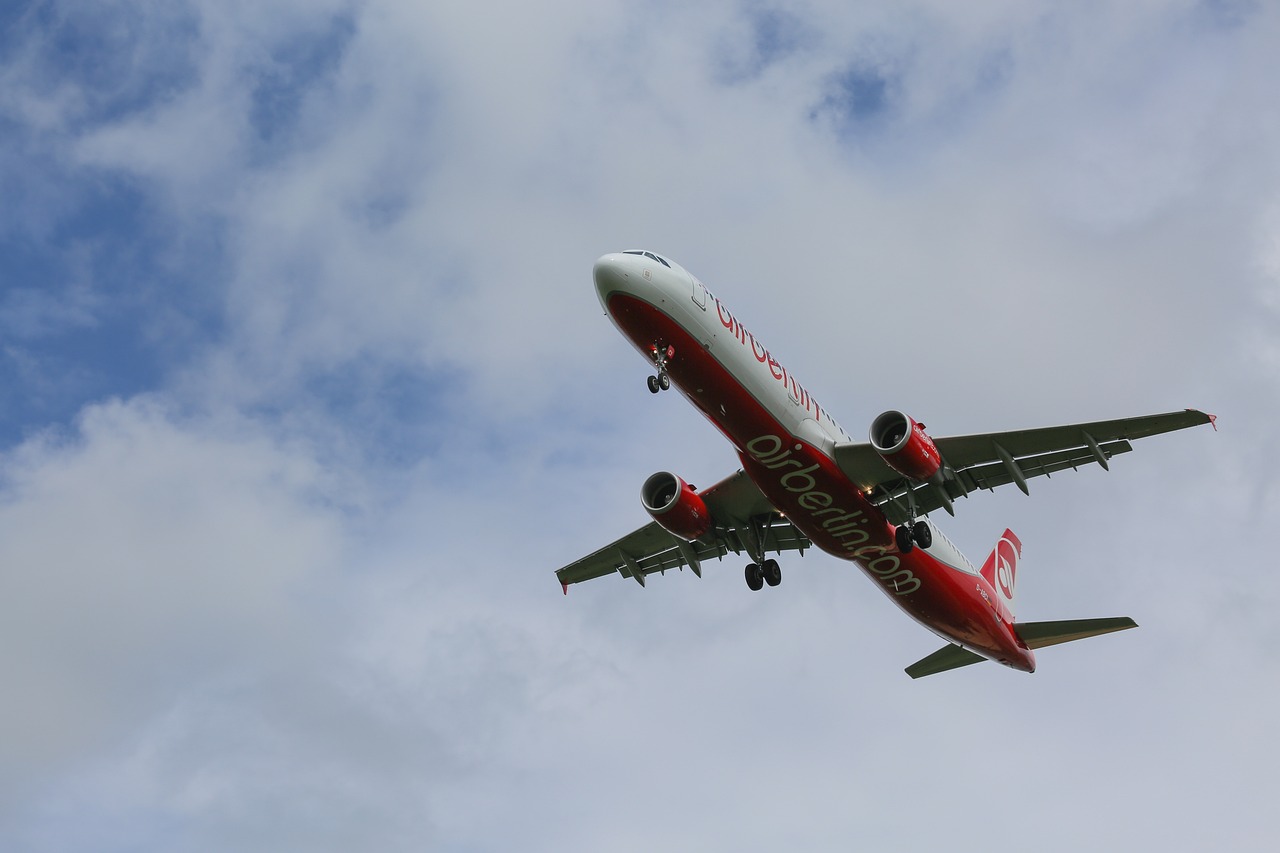The Impact of Travel Bans on Global Tourism: Challenges and Opportunities for Recovery
The concept of travel bans in the realm of global tourism is not a new phenomenon. Throughout history, various countries have implemented travel restrictions for a multitude of reasons, including political, health, security, and economic concerns. These restrictions have often stemmed from the need to protect national interests and the well-being of citizens, reflecting the complex dynamics of international relations and global uncertainties.
From ancient civilizations enforcing limited movement of individuals to prevent the spread of diseases, to modern nations restricting entry to control the influx of migrants or safeguard against terrorism, the practice of imposing travel bans has evolved over time. The historical backdrop of travel bans in global tourism showcases the intricate interplay between governmental policies, societal needs, and external influences that have shaped the way nations manage their borders and regulate international travel.
Economic Impact of Travel Bans on the Tourism Industry
The imposition of travel bans worldwide due to the COVID-19 pandemic has significantly disrupted the tourism industry. With borders closed and restrictions on movement in place, the flow of international tourists has come to a standstill. This has led to a substantial decline in tourism-related revenue for businesses that rely heavily on visitors for their income.
As a result of the travel bans, hotels, airlines, tour operators, and other tourism businesses have faced severe financial challenges. Many businesses have had to temporarily shut down or lay off employees due to the sharp decrease in bookings and reservations. The lack of tourist spending has not only affected the direct stakeholders in the tourism industry but has also had a ripple effect on the broader economy, impacting suppliers, local businesses, and communities that depend on tourism for their livelihoods.
Challenges Faced by Tourism Businesses due to Travel Restrictions
The COVID-19 pandemic has brought about unparalleled challenges for tourism businesses worldwide. With the implementation of travel restrictions to curb the spread of the virus, these businesses have faced a significant decline in tourist arrivals. This drop in visitors has led to major revenue losses for hotels, restaurants, tour operators, and other related businesses in the tourism sector.
Moreover, the uncertainty surrounding the duration of travel restrictions has made it difficult for tourism businesses to plan ahead. Many companies have had to deal with the dilemma of whether to stay operational with limited resources or to shut down temporarily, causing increased financial strain. The inability to predict when travel will resume to normal levels has left tourism businesses grappling with the dilemma of how to sustain their operations in the midst of ongoing uncertainty.





